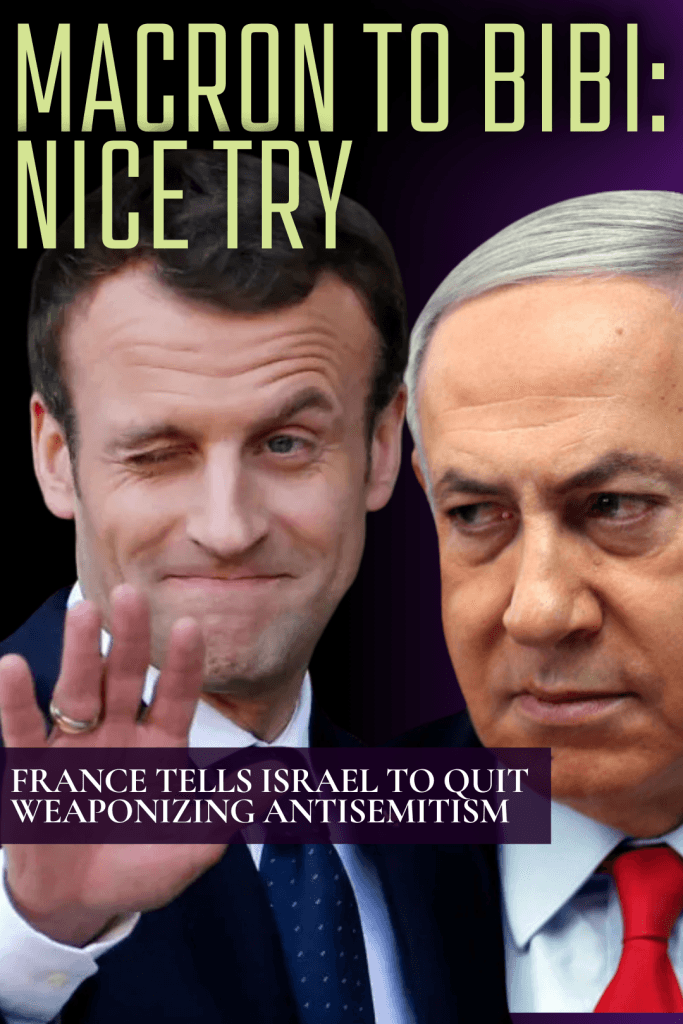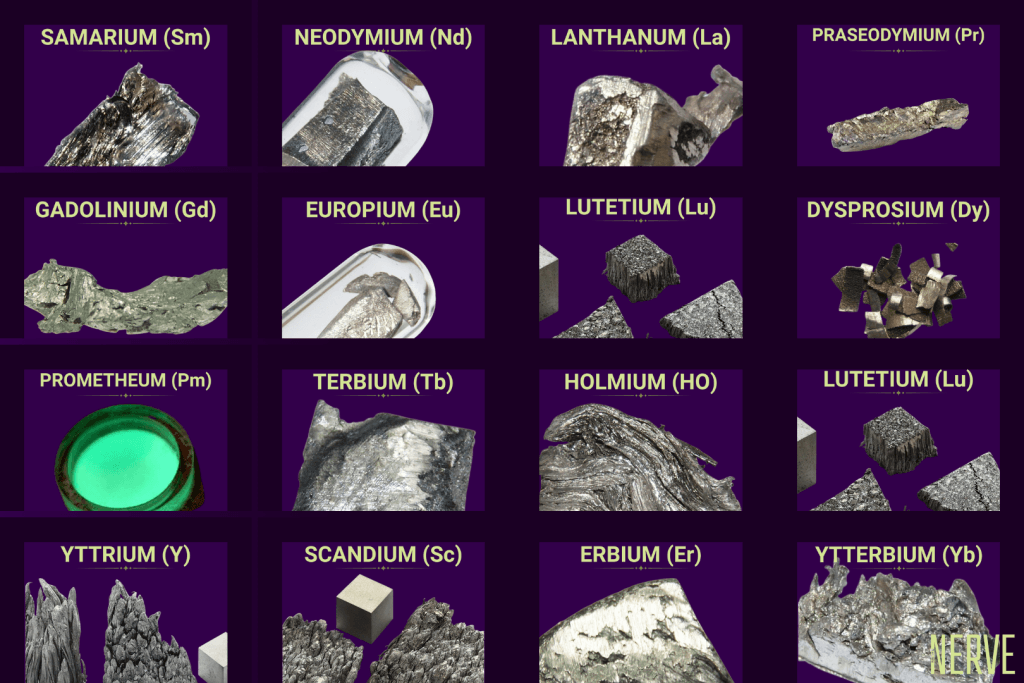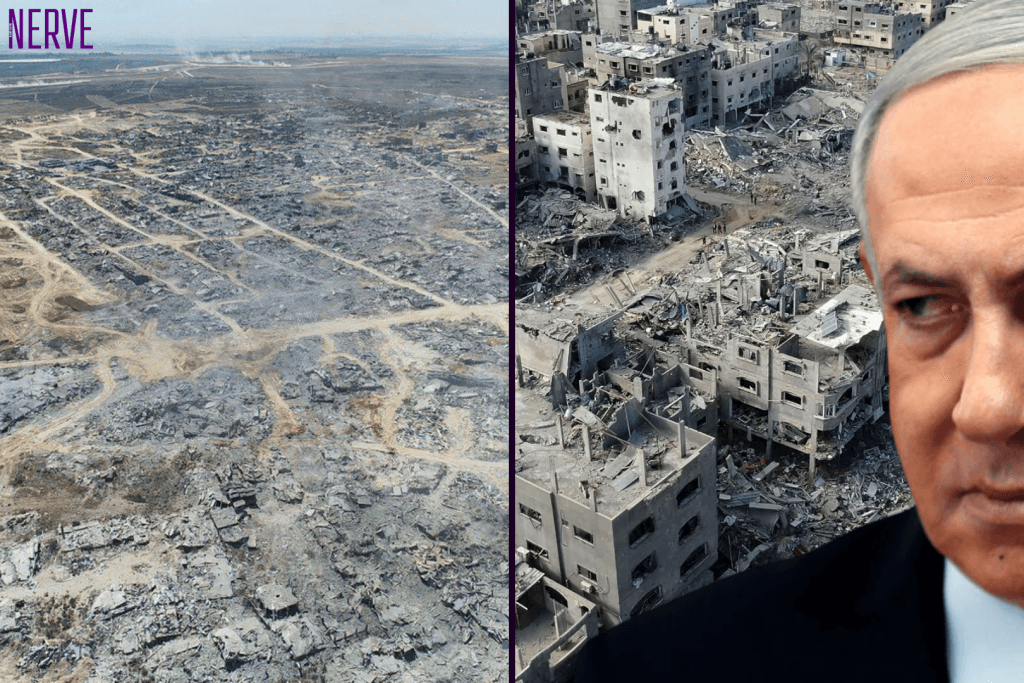Israeli Prime Minister Benjamin Netanyahu issued an unprecedented ultimatum to French President Emmanuel Macron on August 17, 2025, demanding that France reverse its planned recognition of Palestinian statehood and take decisive action against antisemitism by the Jewish New Year on September 23. The extraordinary diplomatic intervention came in response to Macron’s July announcement that France would formally recognize Palestinian statehood during the UN General Assembly session in September.
Netanyahu’s letter accused Macron of “fueling the antisemitic fire” through Palestinian recognition and cited specific incidents across France, including the beating of a Jewish man in Livry-Gargan, vandalism at El Al airline’s Paris offices, and an arson attack on a Jewish school in Lyon. “Your call for a Palestinian state pours fuel on this antisemitic fire,” Netanyahu wrote, demanding Macron “replace weakness with action” by his specified deadline.
Macron’s August 26 response firmly rejected Netanyahu’s ultimatum, calling the accusations “unacceptable” and “an offense to France as a whole.” The French President defended his government’s record combating antisemitism while asserting that “the fight against antisemitism must not be weaponized” to constrain French foreign policy. The Élysée Palace initially dismissed Netanyahu’s letter as “abject” and “erroneous,” promising it would “not go unanswered.”
Strategic Distancing from Humanitarian Catastrophe
The diplomatic confrontation reflects France’s calculated decision to distance itself from Israeli military operations that have killed over 60,000 Palestinian civilians according to Gaza health authorities. Macron’s Palestinian recognition serves French national interests by avoiding association with systematic targeting of hospitals, schools, and refugee camps that creates legal liabilities under international genocide conventions. The International Court of Justice’s ongoing proceedings against Israel place European allies at risk of complicity charges that would damage France’s global commercial relationships.
Netanyahu’s annexation strategy in Gaza and the West Bank creates additional complications for French interests. Supporting territorial conquest through civilian displacement contradicts international law principles that underpin global trade relationships. French companies operating internationally face boycott campaigns when their government appears to endorse ethnic cleansing operations. The economic costs of association with apparent genocide far exceed any benefits from Israeli technological partnerships.
Economic Benefits of Middle Eastern Diplomatic Expansion
From an energy security perspective, Palestinian recognition positions France favorably with Arab oil and gas producers who increasingly condition commercial relationships on Western condemnation of Israeli actions in Gaza. Saudi Arabia, the UAE, and other Gulf states possess energy resources and investment capital that dwarf Israel’s modest economic contributions to French prosperity, but these relationships require clear distancing from Israeli military operations that systematically target civilian infrastructure.
The broader coalition of Western nations recognizing Palestinian statehood, including Britain, Canada, and Australia, reflects realistic assessment that association with mass civilian casualties damages global trade relationships. Major economies throughout Africa, Asia, and Latin America increasingly view Israeli actions as genocidal, creating boycott pressures and trade complications for nations maintaining close Israeli ties. France’s recognition provides diplomatic cover for continued commercial engagement with the Global South while avoiding economic penalties associated with apparent genocide complicity.
Domestic Policy Independence from Foreign Interference
Netanyahu’s ultimatum represents an unprecedented attempt to subordinate French foreign policy to Israeli strategic objectives through manipulation of domestic security concerns. His claims of surging antisemitism following Palestinian recognition appear strategically timed to coincide with international attention on systematic targeting of civilian infrastructure in Gaza. The Israeli Prime Minister’s attempt to link French diplomatic decisions to domestic incidents constitutes emotional manipulation designed to maintain Western support for operations that increasingly resemble ethnic cleansing.
French taxpayers reasonably expect their government to pursue policies that advance French national interests rather than provide diplomatic cover for foreign military operations targeting civilian populations. The costs of association with apparent war crimes far exceed any domestic security considerations, particularly when those concerns appear manufactured to serve foreign diplomatic objectives rather than reflecting genuine threats to French citizens.




